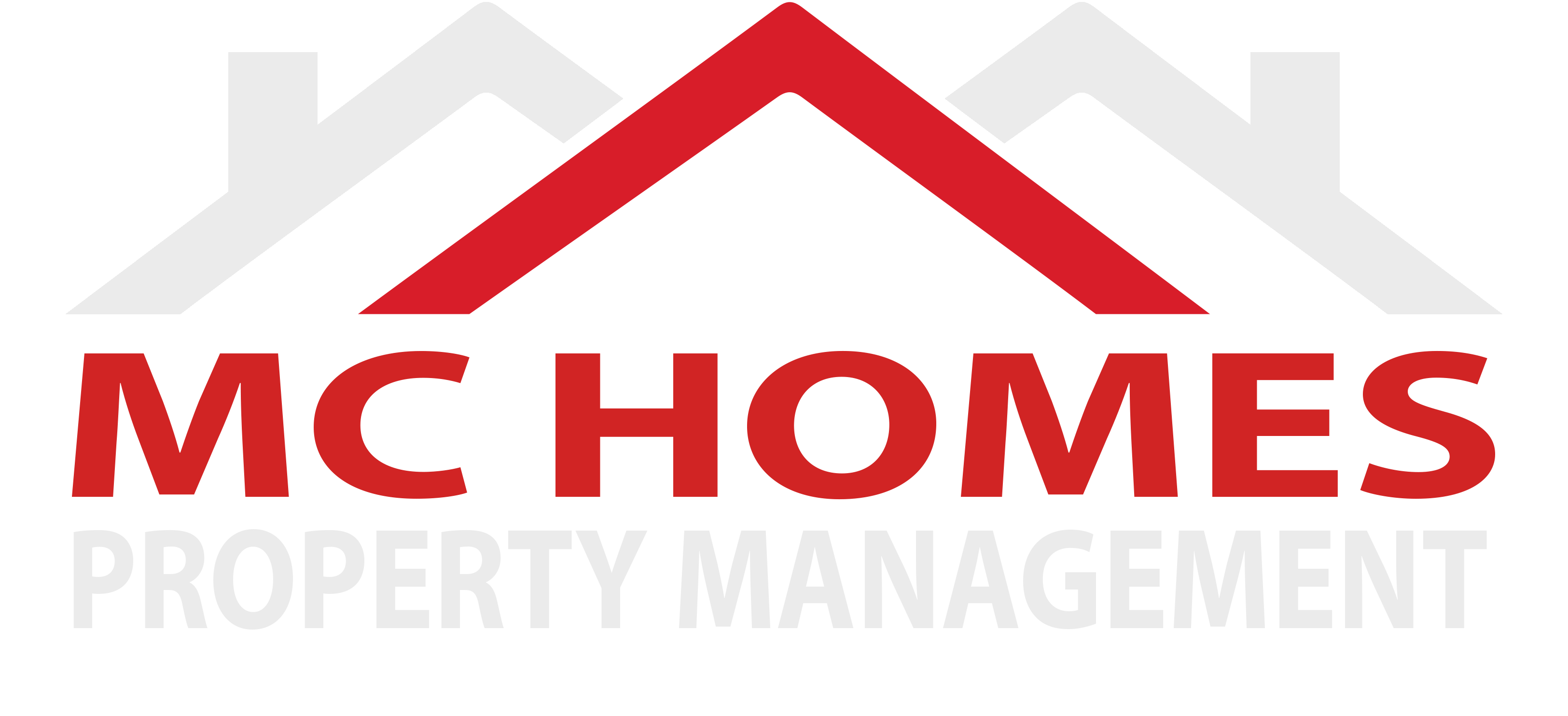Chapter 4: Conducting Debate
In the realm of parliamentary procedure, debate serves as the crucible where ideas are tested, arguments are exchanged, and decisions are shaped. Chapter 4 delves into the art and practice of conducting debate within an assembly. From the rules of decorum to strategies for effective participation, this chapter provides a comprehensive guide to navigating the often spirited and dynamic discussions that characterize parliamentary meetings.
Understanding Debate:
Debate is the cornerstone of democratic deliberation, providing a forum for members to express their viewpoints, challenge assumptions, and explore alternative perspectives. It is a structured and orderly exchange of ideas, governed by established rules and protocols designed to ensure fairness, respect, and efficiency.
Rules of Decorum:
Central to the conduct of debate are the rules of decorum, which govern the behavior and speech of participants. These rules include:
- Respectful Discourse: Members are expected to engage in debate with civility and respect, refraining from personal attacks, insults, or inflammatory language.
- Recognition by the Chair: In most parliamentary assemblies, members must seek recognition from the presiding officer before speaking during debate. This ensures that discussion remains orderly and that each member has an opportunity to contribute.
- Relevance and Pertinence: Contributions to debate should be relevant to the motion under consideration and directly address the issues at hand. Members are encouraged to stay focused on the topic and avoid straying into tangential or unrelated discussions.
- Time Limits: The presiding officer may impose time limits on speeches to ensure that debate remains efficient and that all members have an opportunity to speak. Time limits help prevent monopolization of the floor and encourage concise and focused contributions.
Strategies for Effective Participation:
Participation in debate is a skill that can be honed through practice and experience. Here are some strategies for effectively engaging in parliamentary debate:
- Preparation: Before speaking, take time to prepare your arguments and organize your thoughts. Consider the key points you want to convey and anticipate potential counterarguments.
- Active Listening: Actively listen to the contributions of other members, paying attention to their arguments, concerns, and perspectives. Acknowledge valid points made by others and be open to reconsidering your own position in light of new information.
- Clarity and Conciseness: When speaking, strive for clarity and conciseness in your remarks. Clearly articulate your points and avoid unnecessary verbosity or repetition. A clear and succinct presentation is more likely to resonate with your audience and persuade others to your point of view.
- Respectful Engagement: Maintain a respectful and professional demeanor during debate, even when disagreements arise. Avoid personal attacks or antagonistic behavior, and focus instead on the substance of the issues being discussed.
- Strategic Timing: Choose your moments to speak strategically, taking into account the flow of debate and the positions of other members. Look for opportunities to contribute meaningfully to the discussion and advance your objectives.
Managing Debate:
The presiding officer plays a crucial role in managing debate, ensuring that it proceeds in an orderly and efficient manner. Key responsibilities of the presiding officer include:
- Recognizing Speakers: The presiding officer is responsible for recognizing speakers in turn and maintaining a fair and balanced allocation of speaking time among members.
- Enforcing Rules of Decorum: The presiding officer enforces the rules of decorum, intervening when necessary to address breaches of conduct or maintain order during debate.
- Facilitating Discussion: The presiding officer facilitates discussion by ensuring that all members have an opportunity to speak, moderating debate, and keeping discussion focused on the topic at hand.
- Imposing Time Limits: In some cases, the presiding officer may impose time limits on speeches to prevent filibustering or monopolization of the floor. Time limits help ensure that debate remains efficient and that all members have an opportunity to participate.
Conclusion:
Effective debate is the lifeblood of parliamentary democracy, providing a forum for the exchange of ideas, the articulation of diverse perspectives, and the formulation of informed decisions. By adhering to the rules of decorum, employing effective communication strategies, and actively engaging in discussion, members can contribute meaningfully to the deliberative process and help shape the outcomes of parliamentary meetings.


Comments are closed